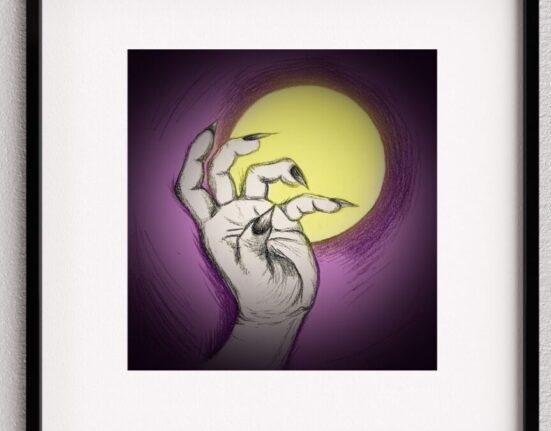The European Parliament has called for more fairness and transparency in the music streaming sector, including better pay for smaller artists.
Members of the European Parliament (MEPs) overwhelmingly voted to adopt the new resolution on Wednesday. The motion aims to ensure European musical works avoid being overshadowed by the “overwhelming amount” of content being continually added to streaming platforms.
“The Parliament is giving voice to the concerns of European creators, who are at the heart of the music streaming market,” said rapporteur Ibán García del Blanco in an EU press release. This includes preserving the “cultural and linguistic diversity” of music, he said.
This is similar to efforts in other countries such as Canada, which passed the Online Streaming Act to support Canadian artists. In the future we may see the EU enforce quotas to make a certain amount of work from European artists represented on music streaming platforms.
This won’t necessarily be welcome though — in France, radio stations are currently protesting against a regulation that forces them to play a certain number of French-language songs. Music streaming services might end up doing something similar.
The proposal also calls for “pre-digital royalty rates” to be revised, condemning the so-called “payola schemes” that force authors to accept lower or no revenues in exchange for greater exposure.
The MEPs also urged platforms like Spotify to make their recommendation algorithms more transparent, to disclose when songs are AI-made, and to crack down on deepfakes. Music streaming platforms are not doing enough to tackle algorithmic biases that favour major record labels and famous artists, they said.
“Platforms should make their algorithms and recommendation tools transparent, to prevent unfair practices, such as manipulation of streaming figures, which is allegedly used to reduce artists’ fees,”said the parliamentarians.
MEPs also suggested introducing a label to inform the public when the songs they listen to have been generated by AI and urged for stricter measures to tackle deepfakes on music streaming platforms — similar to what French streaming service Deezer started doing last year.
While MEPs have overwhelmingly accepted that these issues need to be addressed, the resolution itself is nonlegislative. Instead, it is a plea for the European Commission to acknowledge the concerns and initiate legislation to improve things — which could take several years to take effect, even if the demands are met.







